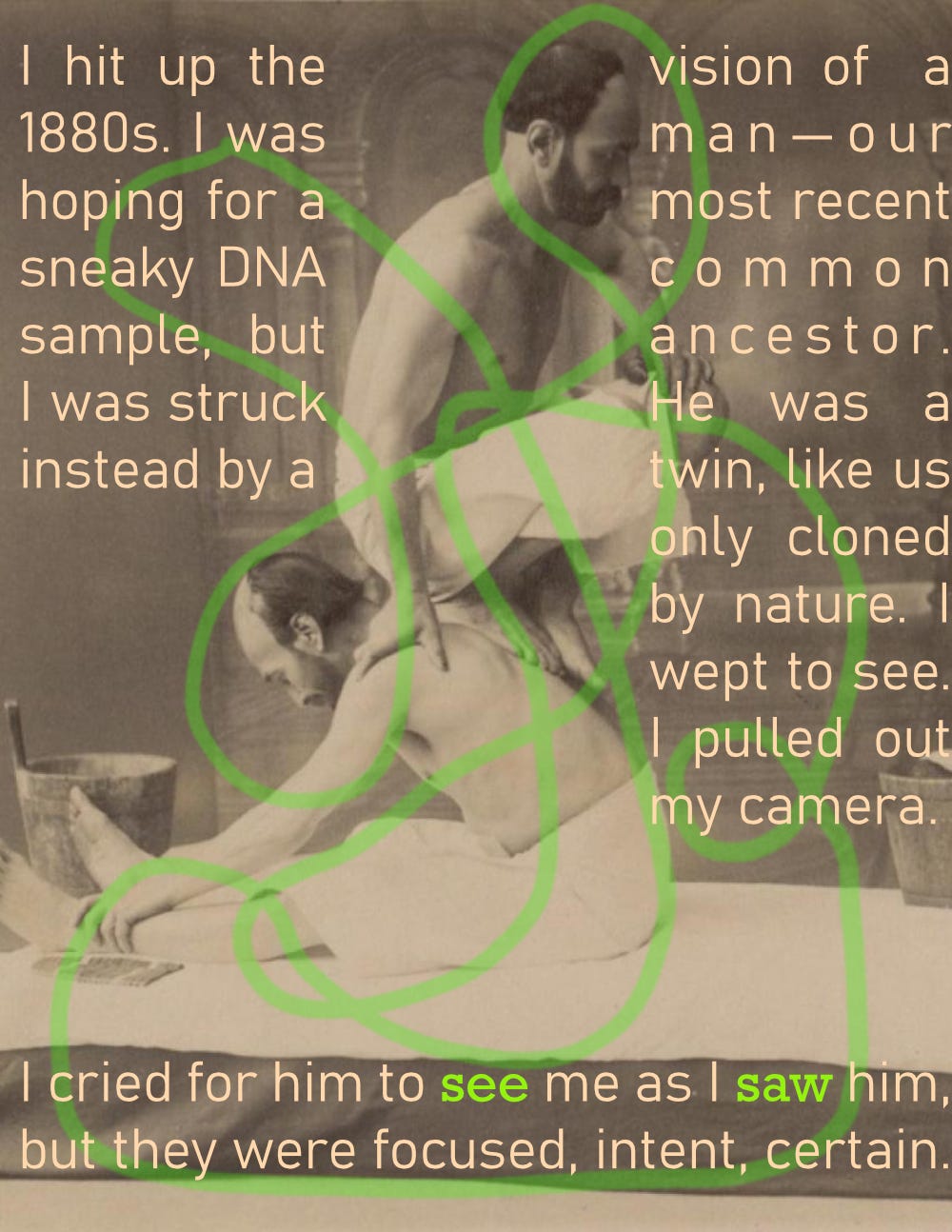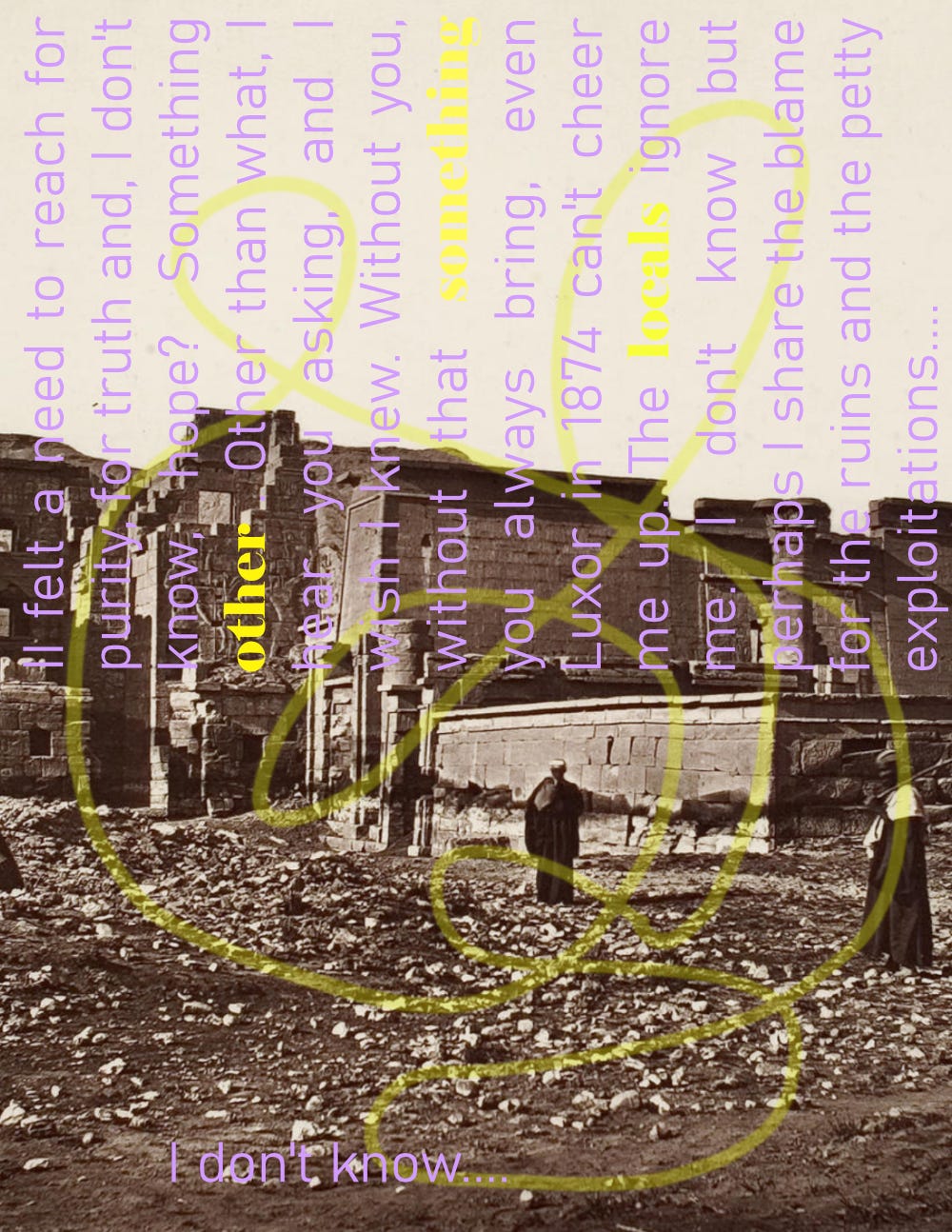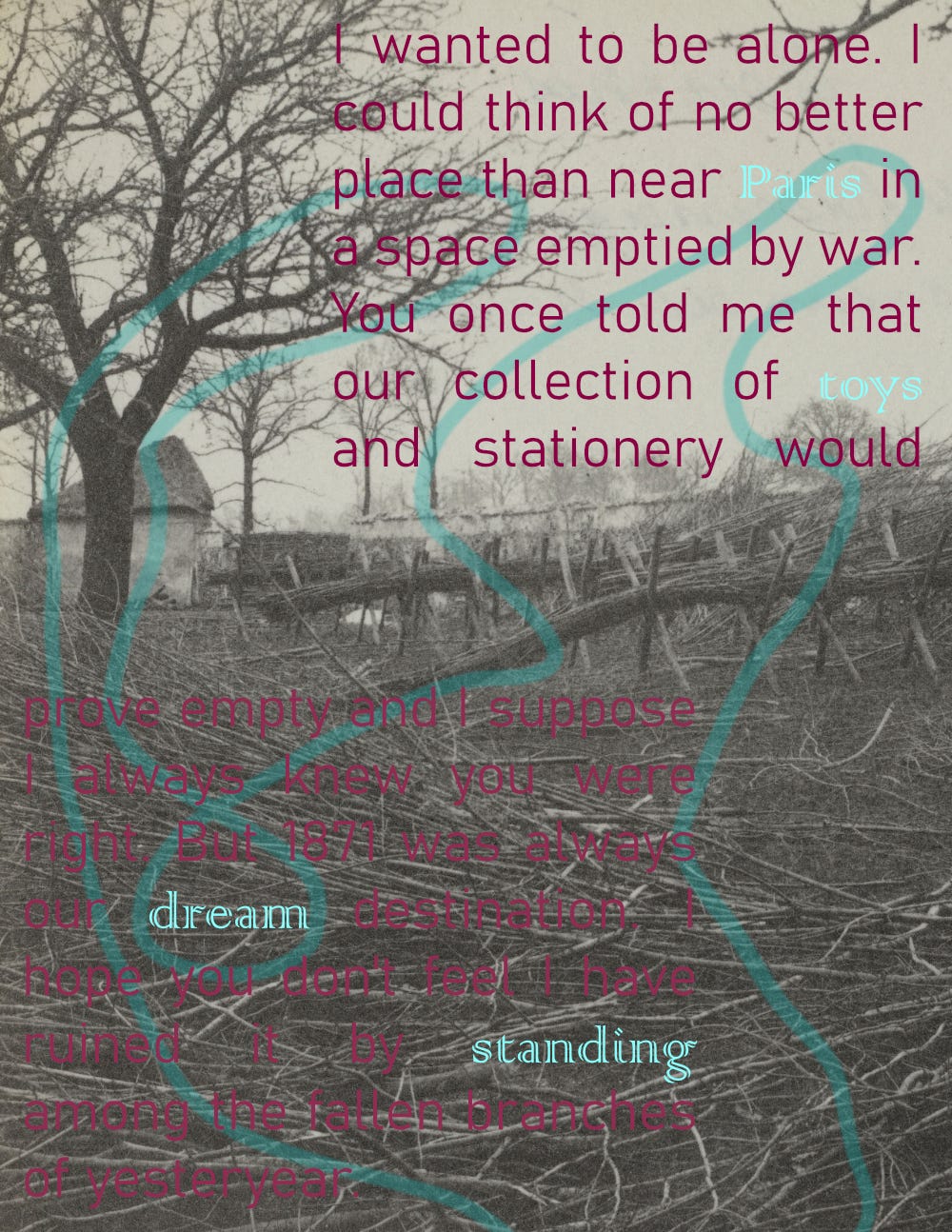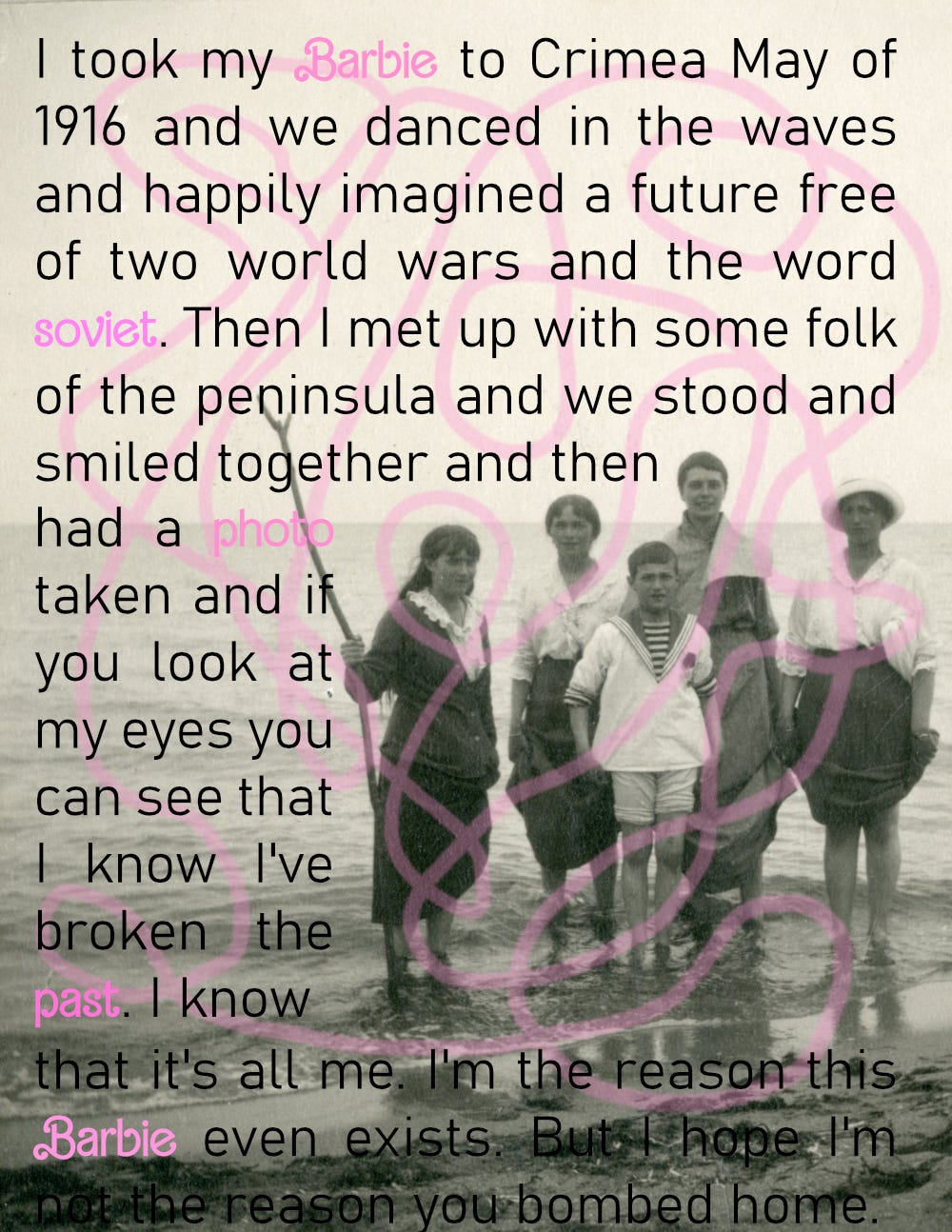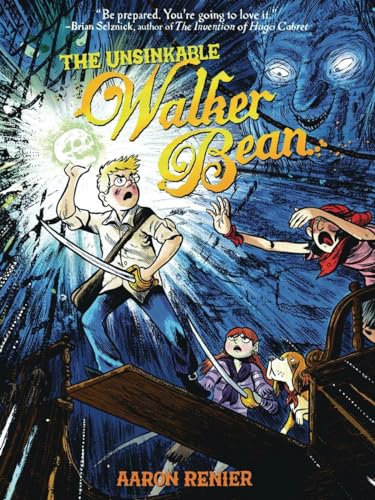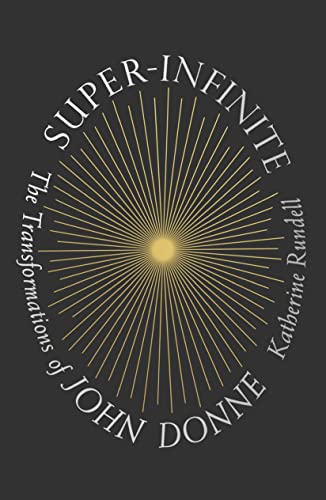.
As part of the class I teach high-school seniors, they each, at some point in the semester, share two poems from the book by different authors. They talk to their classmates about each poem separately, then make some comparisons. It’s a low-stakes/high-reward assignment.
It’s wild to me, given that the Norton has 1,828 poems in it, that I tend to largely see the same poems, year after year. By this point it’s pretty rare that someone covers a poem I haven’t seen before—and some poems (I’m lookin at you, “Window”) can’t seem to escape multiple attentions over the course of the year.
(Props to the young scholar who brought Witter Bynner to light for the first time ever today!)
One poem that shows up probably every other year by someone who wants to be daring but still safe (incidentally, this poem is also included in probably a third of the poetry journals, another Norton-based assignment), is “I Have Gentle Cock.” It’s about a rooster. But it sounds like it’s about a penis. Or: It’s about a penis. But it sounds like it’s about a rooster. Those are the two main interpretations shared of “Cock.”
(In the journals, I also get a bunch of “To moderns ears it sounds dirty but people didn’t about sex back then.” To which I say: “Wrong.”)
Anyway, after the presentations today, I left my book open to the last shared poem. When I sat back down, I read a poem on the adjacent page and OH MY but am I glad no student has ever presented on this one! Perhaps it’s never happened because this poem (and the other I’ll be sharing) is a bit longer. Perhaps because it (and the other I’ll be sharing) does not have an exciting title. Perhaps it is dumb luck? Or perhaps whatever mysterious force that keeps me hearing about “Grass” and “The Shout” but never “Adonais” or “The Mower Against Gardens” (not so mysterious, perhaps, in the case of these four) is just at it again.
And this is where I feel I ought to mention that while, in public spaces such as where you read these words today, I have often written about sex (see the LDS Eros series on Thutopia), and while my creative work also has interest in sex (see my most recent publication), I’m now about to take us to a very horny seventeenth century and, well, I did say I’m very glad my high schoolers have not found these. Even in the Bay Area, I can imagine this leading a parent to the Board of Education.
You sticking around?
Okay.
Let’s go.
The two poems were originally published in a collection of John Wilmot’s poems. It wasn’t until later that the second was correctly attributed to Aphra Behn.
But they both—and I cannot make this too clear—are very horny writers. Words will appear herein that have never appeared on my blog/newsletter before and may never appear herein again.
You’re sure about this?
Because the poems first appeared together they’ve been often paired ever sense. But they also share a topic: premature ejaculation and the shamefulness thereof.
(It’s not too late to leave.)
We’ll start with Wilmot’s:
The Imperfect Enjoyment
Naked she lay, clasped in my longing arms,
I filled with love, and she all over charms;
Both equally inspired with eager fire,
Melting through kindness, flaming in desire.
With arms, legs, lips close clinging to embrace,
She clips me to her breast, and sucks me to her face.
Her nimble tongue, love’s lesser lightning, played
Within my mouth, and to my thoughts conveyed
Swift orders that I should prepare to throw
The all-dissolving thunderbolt below.
My fluttering soul, sprung with the pointed kiss,
Hangs hovering o’er her balmy brinks of bliss.
But whilst her busy hand would guide that part
Which should convey my soul up to her heart,
In liquid raptures I dissolve all o’er,
Melt into sperm, and spend at every pore.
A touch from any part of her had done ’t:
Her hand, her foot, her very look's a cunt.
Smiling, she chides in a kind murmuring noise,
And from her body wipes the clammy joys,
When, with a thousand kisses wandering o’er
My panting bosom, “Is there then no more?”
She cries. “All this to love and rapture’s due;
Must we not pay a debt to pleasure too?”
But I, the most forlorn, lost man alive,
To show my wished obedience vainly strive:
I sigh, alas! and kiss, but cannot swive.
Eager desires confound my first intent,
Succeeding shame does more success prevent,
And rage at last confirms me impotent.
Ev’n her fair hand, which might bid heat return
To frozen age, and make cold hermits burn,
Applied to my dear cinder, warms no more
Than fire to ashes could past flames restore.
Trembling, confused, despairing, limber, dry,
A wishing, weak, unmoving lump I lie.
This dart of love, whose piercing point, oft tried,
With virgin blood ten thousand maids has dyed,
Which nature still directed with such art
That it through every cunt reached every heart—
Stiffly resolved, ’twould carelessly invade
Woman or man, nor ought its fury stayed:
Where’er it pierced, a cunt it found or made—
Now languid lies in this unhappy hour,
Shrunk up and sapless like a withered flower.
Thou treacherous, base deserter of my flame,
False to my passion, fatal to my fame,
Through what mistaken magic dost thou prove
So true to lewdness, so untrue to love?
What oyster-cinder-beggar-common whore
Didst thou e’er fail in all thy life before?
When vice, disease, and scandal lead the way,
With what officious haste doest thou obey!
Like a rude, roaring hector in the streets
Who scuffles, cuffs, and justles all he meets,
But if his king or country claim his aid,
The rakehell villain shrinks and hides his head;
Ev’n so thy brutal valor is displayed,
Breaks every stew, does each small whore invade,
But when great Love the onset does command,
Base recreant to thy prince, thou dar’st not stand.
Worst part of me, and henceforth hated most,
Through all the town a common fucking post,
On whom each whore relieves her tingling cunt
As hogs on gates do rub themselves and grunt,
Mayst thou to ravenous chancres be a prey,
Or in consuming weepings waste away;
May strangury and stone thy days attend;
May’st thou never piss, who didst refuse to spend
When all my joys did on false thee depend.
And may ten thousand abler pricks agree
To do the wronged Corinna right for thee.
I decided to give you the entire thing because…because I didn’t want to excerpt anything and make you think I was being deliberately crass in my excisions.
The first observation I’ll make is that for someone who’s been labeled a pornographer for centuries, the earl writes a great poem. This is excellent work. His choice of detail (“Her nimble tongue…Within my mouth” [etc] is exceeding alive) and his…I want to say mounting action but I also really really do not want to say that…brings the scene to life. The speaker ends up being a pretty gross womanizer but there is a sort of beauty that comes from his keen regret that this failing happens while he is with someone he really truly loves.
Or so he says. I rather suspect he often says much the same to many the lady.
I also love how the poem devolves from storytelling to angry apostrophe directed at his penis. If we are to have sexy poems in the world, let them be beautifully written.
The poem’s sexiness is at one with its theme as well. The rising heat of the poem slams into the speaker’s sexual failure. And since that heat was getting passed on to the reader, his frustration becomes our own.
Anyway, solid work.
(Sorry about the adjective. Hope that doesn’t hurt your already tender feelings.)
On to Ms Behn!
The Disappointment
1
ONE Day the Amarous Lisander,
By an impatient Passion sway'd,
Surpris'd fair Cloris, that lov'd Maid,
Who cou'd defend her self no longer ;
All things did with his Love conspire,
The gilded Planet of the Day,
In his gay Chariot, drawn by Fire,
Was now descending to the Sea,
And left no Light to guide the World,
But what from Cloris brighter Eyes was hurl'd.
2
In alone Thicket, made for Love,
Silent as yielding Maids Consent,
She with a charming Languishment
Permits his force, yet gently strove ?
Her Hands his Bosom softly meet,
But not to put him back design'd,
Rather to draw him on inclin'd,
Whilst he lay trembling at her feet;
Resistance 'tis to late to shew,
She wants the pow'r to say — Ah! what do you do?
3
Her bright Eyes sweat, and yet Severe,
Where Love and Shame confus'dly strive,
Fresh Vigor to Lisander give :
And whispring softly in his Ear,
She Cry'd — Cease — cease — your vain desire,
Or I'll call out — What wou'd you do ?
My dearer Honour, ev'n to you,
I cannot — must not give — retire,
Or take that Life whose chiefest part
I gave you with the Conquest of my Heart.
4
But he as much unus'd to fear,
As he was capable of Love,
The blessed Minutes to improve,
Kisses her Lips, her Neck, her Hair !
Each touch her new Desires alarms !
His burning trembling Hand he prest
Upon her melting Snowy Breast,
While she lay panting in his Arms !
All her unguarded Beauties lie
The Spoils and Trophies of the Enemy.
5
And now, without Respect or Fear,
He seeks the Objects of his Vows ;
His Love no Modesty allows :
By swift degrees advancing where
His daring Hand that Alter seiz'd,
Where Gods of Love do Sacrifice ;
That awful Throne, that Paradise,
Where Rage is tam'd, and Anger pleas'd ;
That Living Fountain, from whose Trills
The melted Soul in liquid Drops distils.
6
Her balmy Lips encountring his,
Their Bodies as their Souls are joyn'd,
Where both in Transports were confin'd,
Extend themselves upon the Moss.
Cloris half dead and breathless lay,
Her Eyes appear'd like humid Light,
Such as divides the Day and Night;
Or falling Stars, whose Fires decay ;
And now no signs of Life she shows,
But what in short-breath-sighs returns and goes.
7
He saw how at her length she lay,
He saw her rising Bosom bare,
Her loose thin Robes, through which appear
A Shape design'd for Love and Play;
Abandon'd by her Pride and Shame,
She do's her softest Sweets dispence,
Offring her Virgin-Innocence
A Victim to Loves Sacred Flame ;
Whilst th' or'e ravish'd Shepherd lies,
Unable to perform the Sacrifice.
8
Ready to taste a Thousand Joys,
Thee too transported hapless Swain,
Found the vast Pleasure turn'd to Pain :
Pleasure, which too much Love destroys !
The willing Garments by he laid,
And Heav'n all open to his view ;
Mad to possess, himself he threw
On the defenceless lovely Maid.
But oh ! what envious Gods conspire
To snatch his Pow'r, yet leave him the Desire !
9
Natures support, without whose Aid
She can no humane Being give,
It self now wants the Art to live,
Faintness it slacken'd Nerves invade :
In vain th' enraged Youth assaid
To call his fleeting Vigour back,
No Motion 'twill from Motion take,
Excess of Love his Love betray'd ;
In vain he Toils, in vain Commands,
Th' Insensible fell weeping in his Hands.
10
In this so Am'rous cruel strife,
Where Love and Fate were too severe,
The poor Lisander in Despair,
Renounc'd his Reason with his Life.
Now all the Brisk and Active Fire
That should the Nobler Part inflame,
Unactive Frigid, Dull became,
And left no Spark for new Desire ;
Not all her Naked Charms cou'd move,
Or calm that Rage that had debauch'd his Love.
11
Cloris returning from the Trance
Which Love and soft Desire had bred,
Her tim'rous Hand she gently laid,
Or guided by Design or Chance,
Upon that Fabulous Priapus,
That Potent God (as Poets feign.)
But never did young Shepherdess
(Gath'ring of Fern upon the Plain)
More nimbly draw her Fingers back,
Finding beneath the Verdant Leaves a Snake.
12
Then Cloris her fair Hand withdrew,
Finding that God of her Desires
Disarm'd of all his pow'rful Fires,
And cold as Flow'rs bath'd in the Morning-dew.
Who can the Nymphs Confusion guess ?
The Blood forsook the kinder place,
And strew'd with Blushes all her Face,
Which both Disdain and Shame express ;
And from Lisanders Arms she fled,
Leaving him fainting on the gloomy Bed.
13
Like Lightning through the Grove she hies,
Or Daphne from the Delphick God ;
No Print upon the Grassie Road
She leaves, t' instruct pursuing Eyes.
The Wind that wanton'd in her Hair,
And with her ruffled Garments plaid,
Discover'd in the flying Maid
All that the Gods e're made of Fair.
So Venus, when her Love was Slain,
With fear and haste flew o're the fatal Plain.
14
The Nymphs resentments, none but I
Can well imagin, and Condole ;
But none can guess Lisander's Soul,
But those who sway'd his Destiny :
His silent Griefs, swell up to Storms,
And not one God, his Fury spares,
He Curst his Birth, his Fate, his Stars,
But more the Shepherdesses Charms ;
Whose soft bewitching influence,
Had Damn'd him to the Hell of Impotence.
We’ve moved from the first person to a third-person narrator in this poem. Again we have a womanizer as our male lead but instead of consensual sex with his beloved, he’s overcome with passion for a resistant virgin. It seems he has some skill of seduction however because, for all the scene’s rapiness, she eventually moves from trying to get away to passive presence to open readiness for consummation.
Only, once again, the penis fails to come through for our lovers.
The first poem’s rage against priapic failure is a bit safer as the rage’s source is largely the man himself (his lover, by contrast, remains kind and hopeful as she cleans “the clammy joys” from her body). This second poem, however, is apt to give male reader fewer chuckles because the virgin’s disappointment and shame is multiplied against the narrator’s rage and disgust against the terrible Lysander.
You had one job, manbody. One job.
The stories share other similarities as well. For instance, although our modern sensibilities revolt at Lysander’s approach, the narrator seems rather ambivalent about his forcefulness. He himself is not that important. He’s annpying this poor girl, sure, but he doesn’t really matter until she has decided that she wants more, please, and all of it. And then he fails her. And upon failing Cloris? Then the narrator has very strong opinions indeed. You’re gonna take this girl? rip off her clothes? waste all her time? and then not finish her off? Are you freaking kidding me, Lysander? What is wrong with you?
(Incidentally, I know Cloris is a traditional name for a woman in pastoral poetry, but its punny echo of a particular sex organ deserves a nod.)
Anyway, both these poems are successful at building up one set of emotions and then abruptly jerking us into another set of emotions. And so even though I don’t subscribe to either’s moral judgments, and even though they don’t end where their first halves promised, I think both are enormously successful at being poems about sex and about what what sex is means to humans who engage in it.
A friend of my students, Professor Foster, complains, “ How many options do you [the writer of a sex scene] have? You can describe the business clinically as if it were a do-it-yourself manual – insert tab A into slot B – but there are not that many tabs or slots, whether you use the Anglo-Saxon names or their Latinate alternatives. Frankly there just isn’t that much variety, with or without the Reddi-Wip, and besides, it’s been written in the mass of pornography ad nausea.“
Yes, that’s true, but pornography never stops coming because we never get tired of the tabs and slots, no matter how few their might be. And so artists who can work within the medium of the crass will always have a place in the firmament of filthy stars. Because humans need art to cover all aspects of life.
Just—maybe not until you’re old enough. Get some experience, kids, before hitting up our friends Wilmot and Behn.
And the rest of you—don’t expect anything nearly so dirty in these pages again for a long, long time.
(A natural reaction to the disappointing events just experienced.)
subscribe now
Incidentally, it occurs to me that the poems may have struck me so hard today because I just finished a work of fiction which ends with a character hinting he may be worried about this very problem. Truly, the universe rhymes.
ᴡʀɪᴛᴛᴇɴ ʟᴀsᴛ ᴘᴏᴇᴛʀʏ ғʀɪᴅᴀʏ
.png)
